Castile Soap Dilemma
Harlow
9 years ago
Related Stories
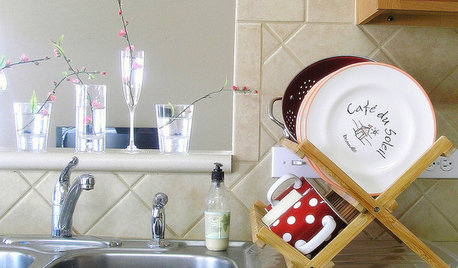
KITCHEN DESIGNYour Kitchen: Where to Stash the Dish Towels
Solve the Dish Towel Dilemma With 13 Ways to Keep Them Handy and Dry
Full Story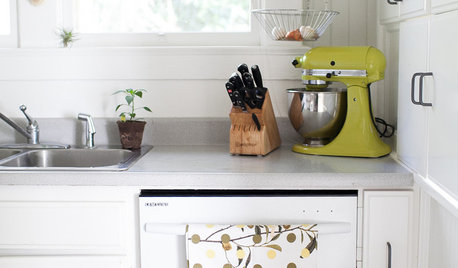
HOUSEKEEPINGDishwasher vs. Hand-Washing Debate Finally Solved — Sort Of
Readers in 8 countries weigh in on whether an appliance saves time, water and sanity or if washing by hand is the only saving grace
Full Story
KITCHEN DESIGNSurprise Contender: Copper for Kitchen Countertops
Unexpected and full of character, copper is getting buffed for its growing appearance on the countertop scene
Full Story
LAUNDRY ROOMSMake a Clean Break With Laundry Chaos
Bins and bags, sorters and other storage — we've got several loads' worth of ways to keep your laundry neat
Full Story
KITCHEN DESIGN9 Questions to Ask When Planning a Kitchen Pantry
Avoid blunders and get the storage space and layout you need by asking these questions before you begin
Full Story
HOUZZ TOURSHouzz Tour: Modern Tower in a Virginia Forest
A tower with industrial materials, picture windows and citrine splashes makes a striking addition to the surrounding landscape
Full Story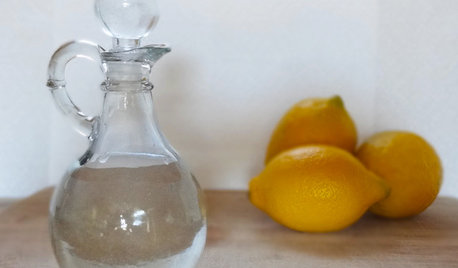
HOUSEKEEPINGVinegar and Voilà: Clean Your House the Natural Way
Ditch the commercial cleaners for nontoxic, inexpensive and versatile white vinegar
Full Story
EARTH DAYGrow a Beautiful Garden With Ecofriendly Greywater
Reducing home water waste means lower bills and a healthier planet. Here's how to set up a greywater home irrigation system that can help
Full Story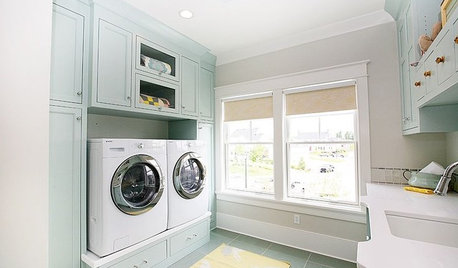
LAUNDRY ROOMS8 Tips for Cleaner, Greener Laundry
Let go of harsh chemicals and hot water, and go easy on your clothes, your wallet and the planet
Full Story
HOUSEKEEPINGHow to Clean Your Range and Oven
Experts serve up advice on caring for these kitchen appliances, which work extra hard during the holidays
Full Story





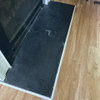

grainlady_ks
violetwest
Related Professionals
Bonita Kitchen & Bathroom Designers · Georgetown Kitchen & Bathroom Designers · Glens Falls Kitchen & Bathroom Designers · Grafton Kitchen & Bathroom Designers · Greensboro Kitchen & Bathroom Designers · Lafayette Kitchen & Bathroom Designers · Midvale Kitchen & Bathroom Designers · Oneida Kitchen & Bathroom Designers · Terryville Kitchen & Bathroom Designers · Feasterville Trevose Kitchen & Bathroom Remodelers · 20781 Kitchen & Bathroom Remodelers · Glen Carbon Kitchen & Bathroom Remodelers · Kendale Lakes Kitchen & Bathroom Remodelers · Panama City Kitchen & Bathroom Remodelers · Rancho Cordova Kitchen & Bathroom Remodelerscarolb_w_fl_coastal_9b
HarlowOriginal Author